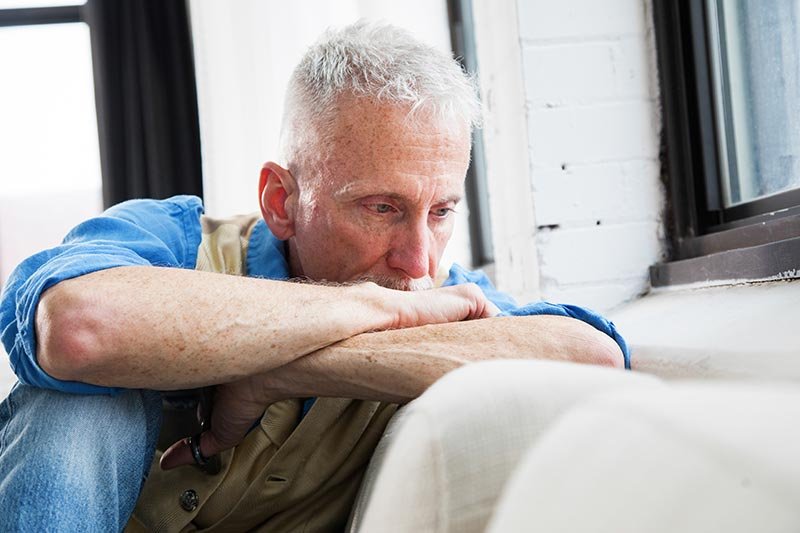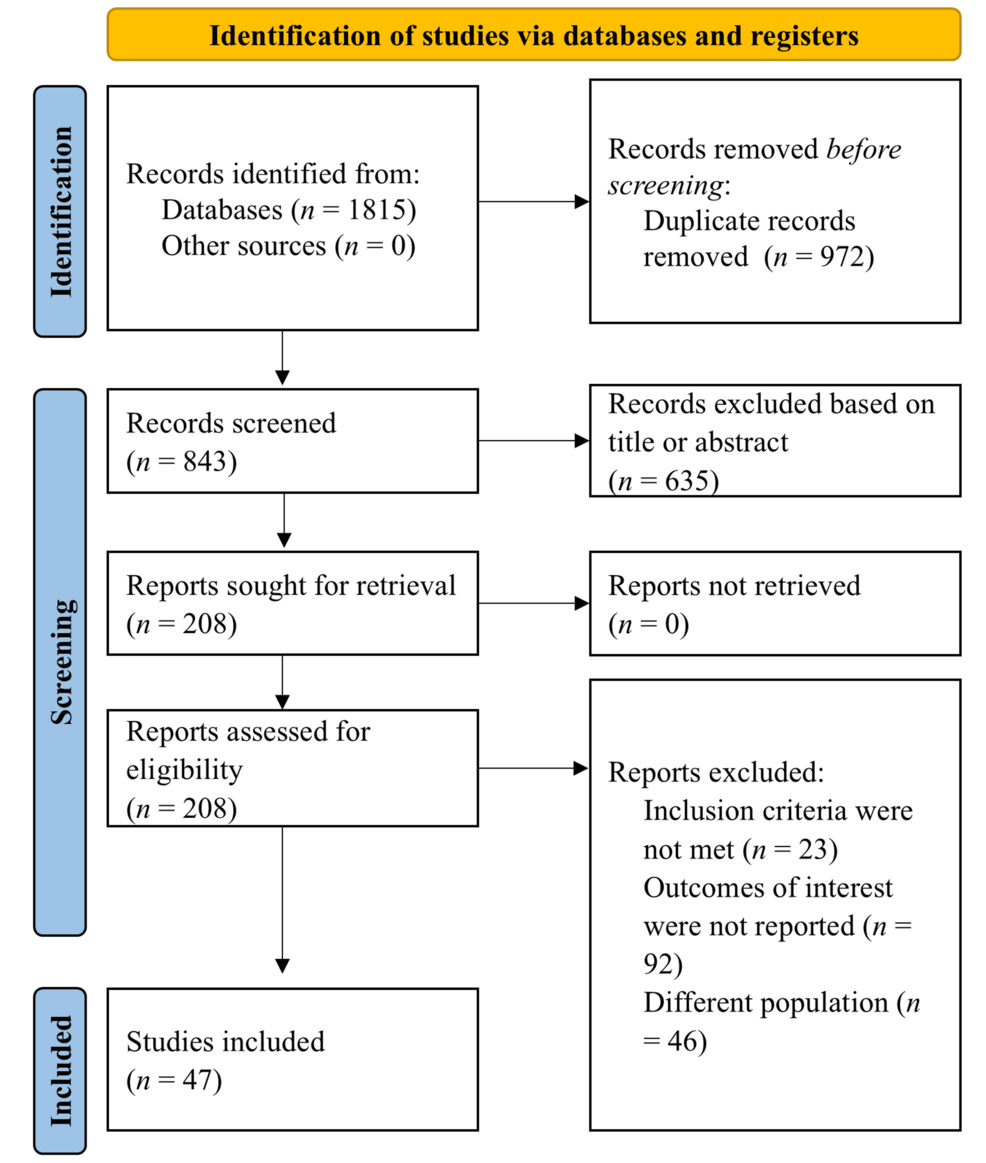A new clinical trial at the University of Colorado School of Medicine investigates the effectiveness of psilocybin, the active ingredient in magic mushrooms, in treating treatment-resistant major depressive disorder (MDD) and anhedonia, which is characterized by a loss of pleasure in everyday activities. The study, enrolling participants through 2024, seeks to determine whether psilocybin can provide more relief than a placebo for patients who have not responded to traditional treatments.
Psilocybin has been the focus of research since the 1950s, but its potential therapeutic uses were largely stalled when it was classified as a Schedule 1 drug in 1970. Interest has revived in recent years, particularly after Colorado decriminalized magic mushrooms in 2022.
As of April 2024, the trial enrolled seven participants, aiming for a total of 40. Dr. Andrew Novick, the principal investigator, noted that enrollment was slower than expected due to federal regulatory requirements. The trial specifically targets individuals with MDD who also experience anhedonia and excludes those with certain medical and psychiatric conditions, including schizophrenia and bipolar disorder.
Participants are eligible if they have not found relief from conventional antidepressants. Volunteers interested in the trial can fill out a screening form on the study’s website.
Dr. Novick emphasized the importance of safety in the trial. “Psychedelics can trigger adverse reactions or psychosis in some individuals,” he explained. Therefore, the study carefully excludes participants at risk for mental illnesses, as prior experiences suggest psychedelics can exacerbate or initiate such conditions in vulnerable populations.
Research indicates that psychedelics like psilocybin may reset brain circuits that dysfunction in depression. Dr. Scott Thompson, a neuroscience professor involved in the trial, explained that psilocybin might help restore proper signaling within brain circuits tied to pleasure and motivation.
Existing studies have shown that a single dose of psilocybin can lead to significant improvements in depressive symptoms, with some participants reporting benefits lasting up to a year. Traditional antidepressants, on the other hand, often require weeks or months to show effects and do not work for about one-third of patients.
The trial is designed to determine the efficacy of a 25-milligram dose of synthetic psilocybin compared to a placebo dose of 1 milligram. Participants undergo an eight-hour dosing session in a comfortable environment where they receive guidance and support from the therapy team.
Neuroscientific research has identified the 5-HT2A receptor as a key target for psilocybin. Activation of this receptor may influence dopamine regulation, potentially alleviating symptoms of depression and anhedonia. Dr. Thompson noted that psilocybin could help restore the connections in the brain that are disrupted in people experiencing depression.
The need for new treatment options is pressing. Major depressive disorder is among the most common mental health conditions, affecting approximately one in six men and one in four women during their lifetimes. Current treatments have not significantly changed in decades, prompting the need for innovative alternatives like psilocybin.
Both Dr. Novick and Dr. Thompson advocate for careful research into psilocybin’s therapeutic potential. They hope that the outcomes of this trial will provide crucial data that informs medical professionals about the safe use of psychedelics in treating depression. The goal is to find effective solutions for patients who have struggled with treatment-resistant depression and to ultimately improve their quality of life.



